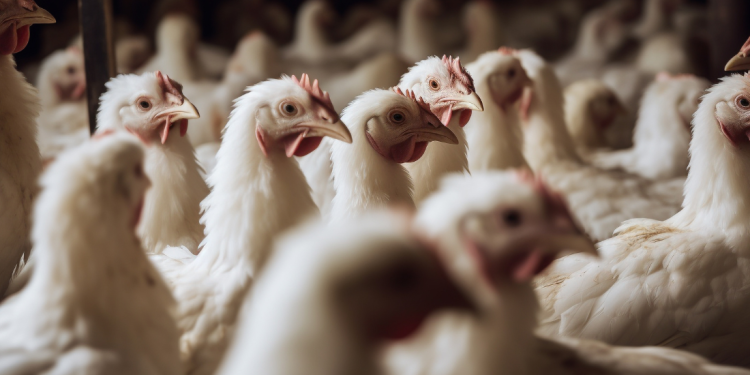By Ndumiso Tshuma
As summer temperatures soar, protecting young chickens from extreme heat becomes crucial for their health and survival.
Poultry experts stress that taking proactive measures is key to ensuring the welfare of domesticated birds.
Dr Enoch Machingauta, a Poultry Health Care Specialist at Econutrivet, highlights that providing adequate shade and ventilation is the first step in shielding chickens from excessive heat.
“Use tarps, canopies, or trees to block direct sunlight. Ensure proper ventilation by adding windows, vents, or fans to improve airflow,” advised Dr Machingauta.
For more advanced cooling, he suggests installing a misting system or periodically spraying water to lower the ambient temperature.
“Circulate air with box or ceiling fans. Place cooling pads or cold compresses in the coop and ensure chickens always have access to cool, fresh water,” he added.
Hydration is a critical factor in heat management. Dr Machingauta recommends that farmers ensure a constant supply of cool water and consider adding electrolyte supplements to help prevent dehydration.
“Adding electrolytes to water can counter dehydration. Monitor coop temperature closely, aiming for an ideal range of 70–80°F,” he said.
Dr Machingauta emphasised that vigilance is essential during warmer months. Farmers should watch for signs of heat stress, including lethargy, panting, and drooping wings.
“Switch to a lighter feed to reduce heat production, and offer hydrating fruits and vegetables. Regularly clean the coop to prevent heat buildup, and reduce flock density to ensure each bird has adequate space,” he advised.
He recommended placing coops away from direct sunlight and heat sources to create a safer environment while providing shaded areas where chicks can cool off.
“Check on the birds frequently to ensure their well-being,” said Dr. Machingauta. “For heat stress, look out for signs such as panting, drooping wings, lethargy, dirty or stained feathers, and wet vents. If any are observed, immediately move the chickens to a shaded area, provide cool water with electrolytes, and use cooling measures like fans or misting.”

